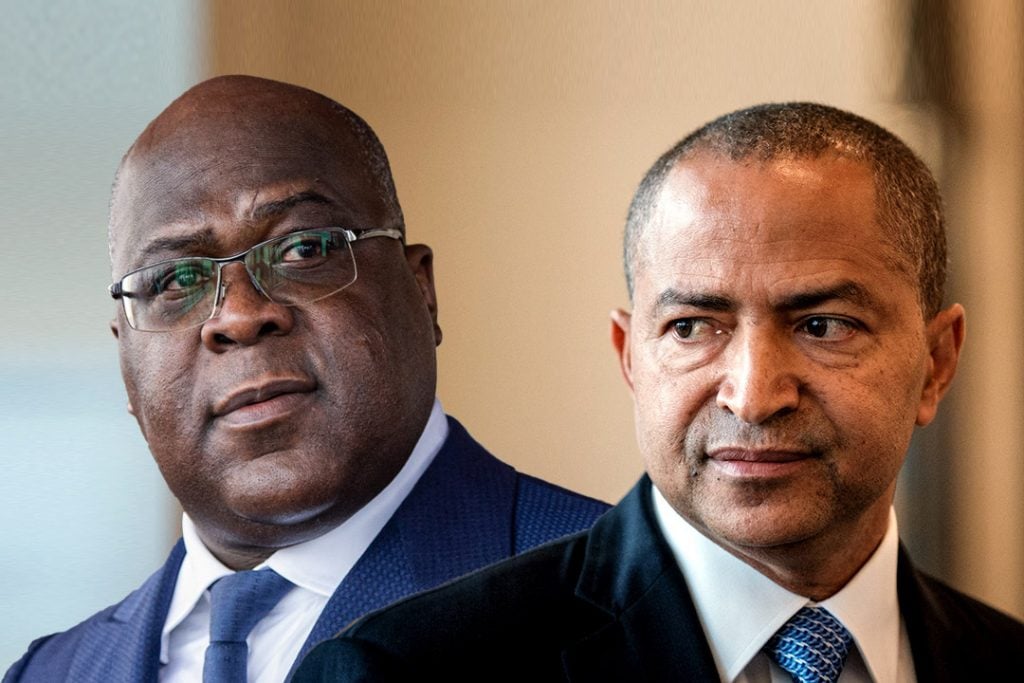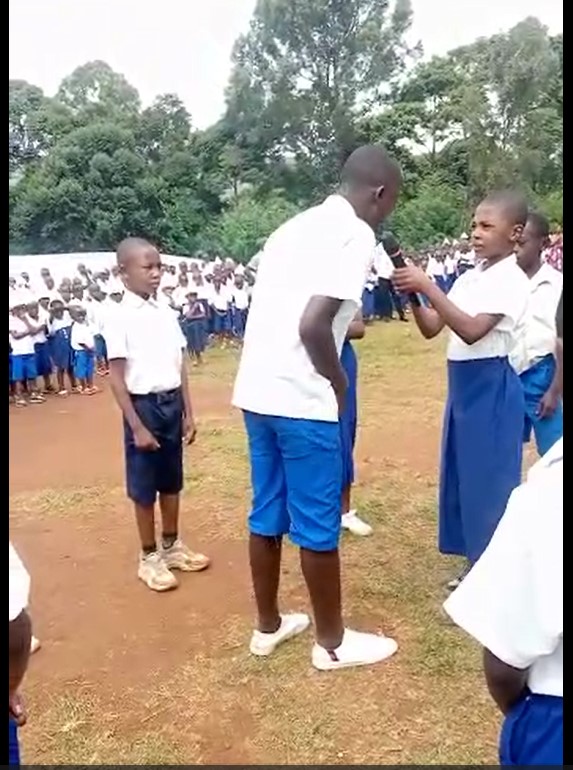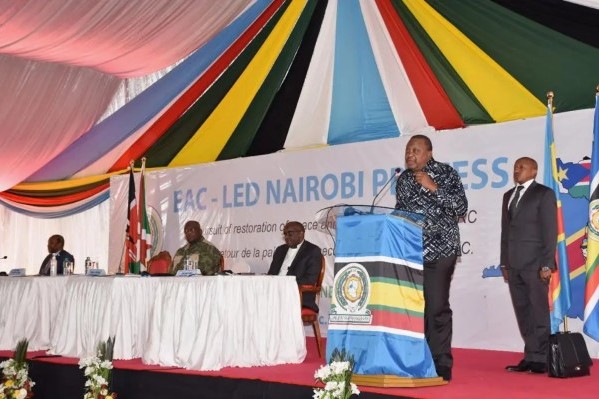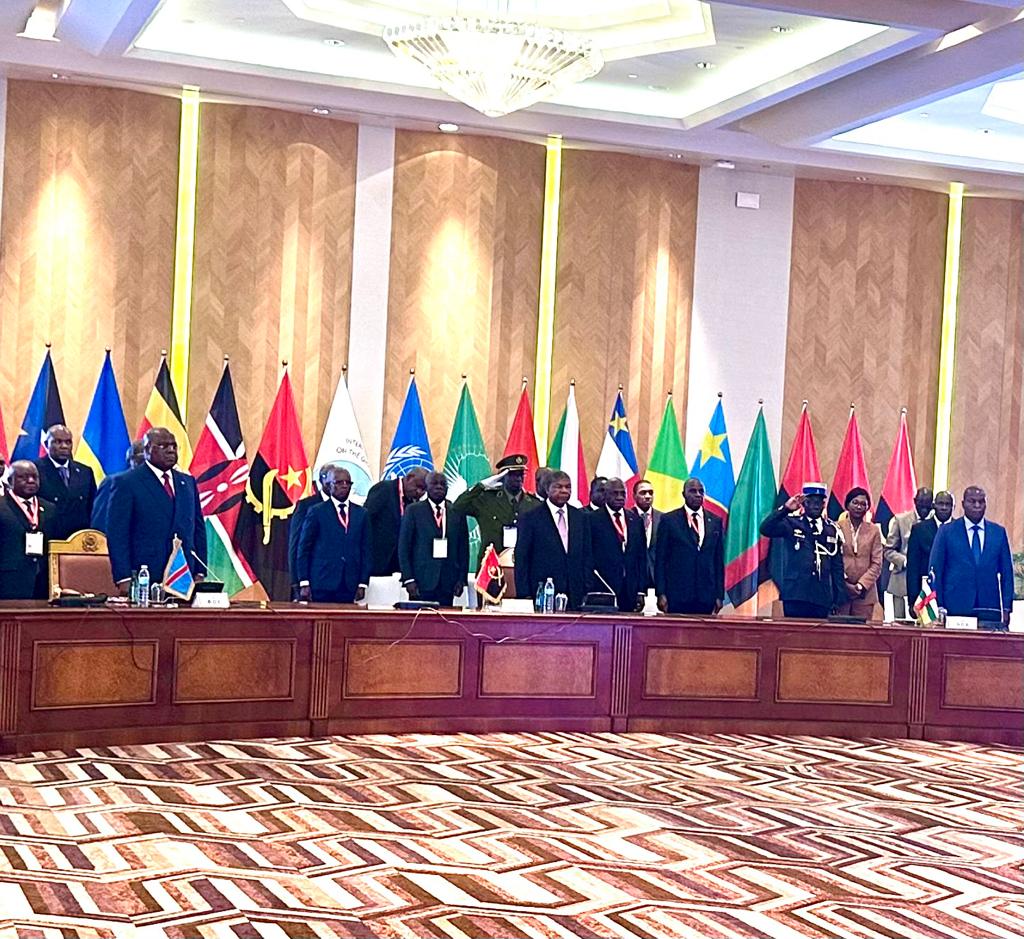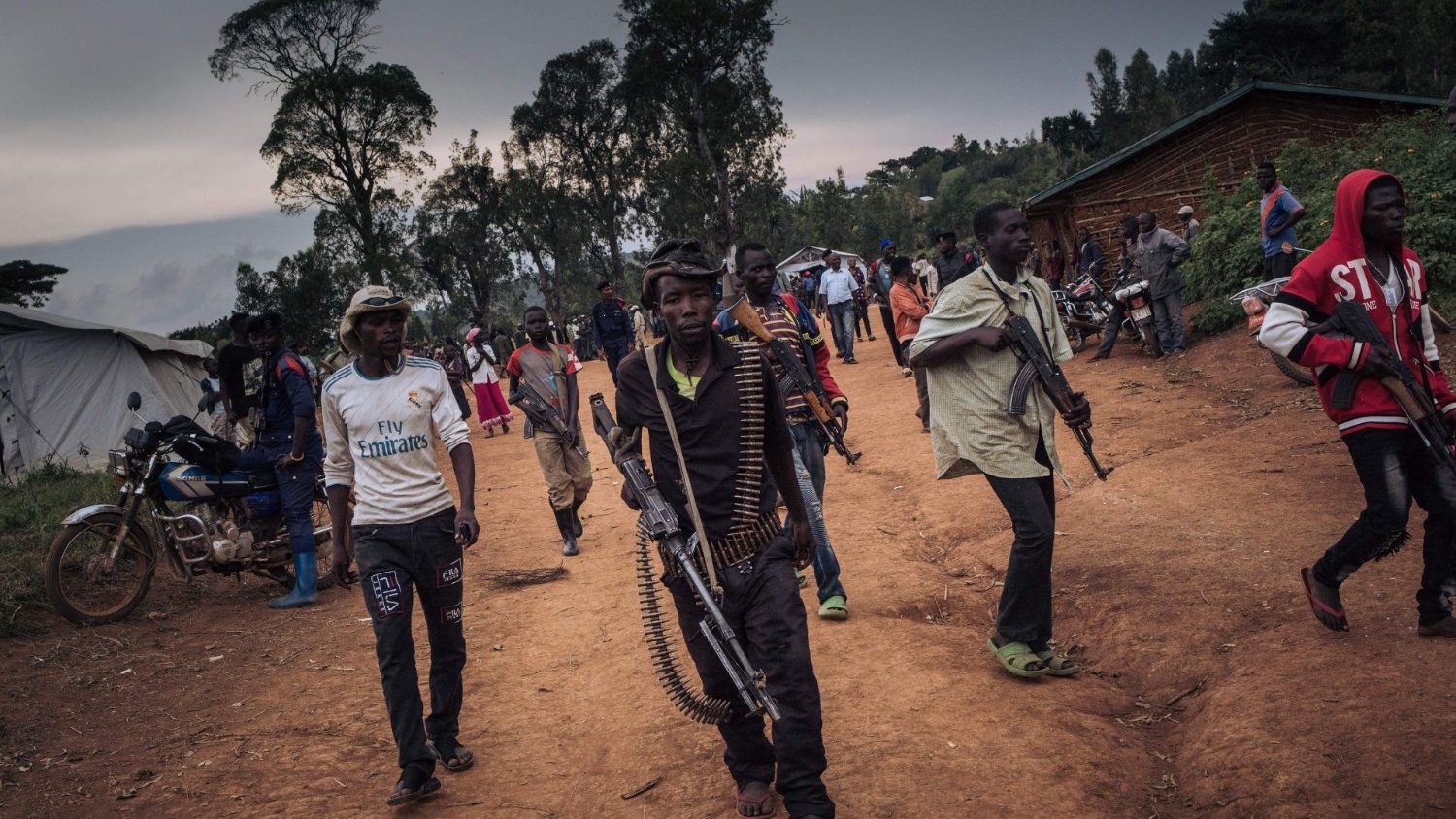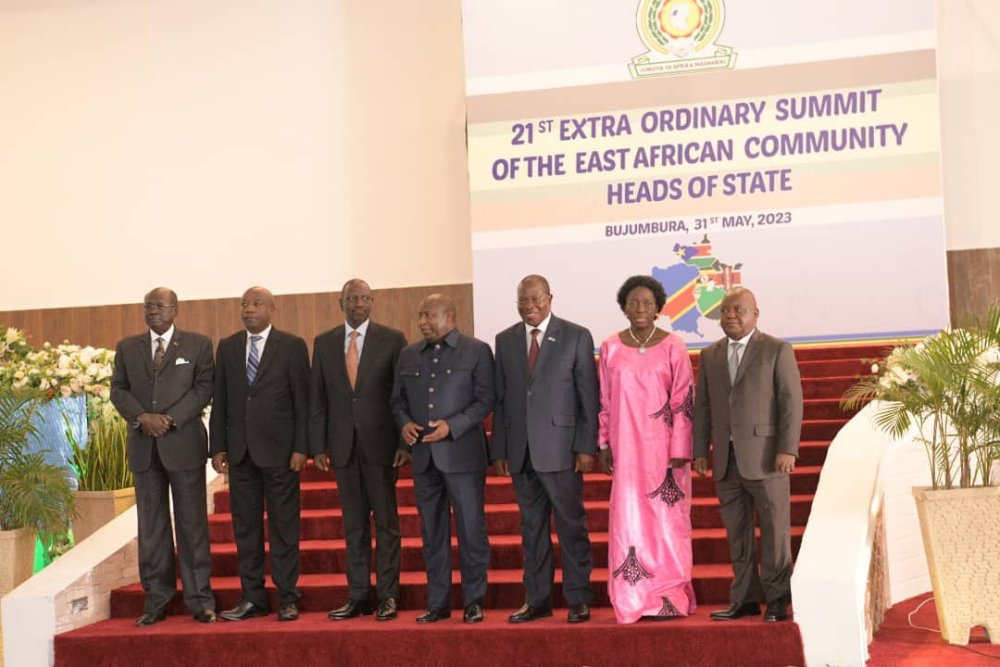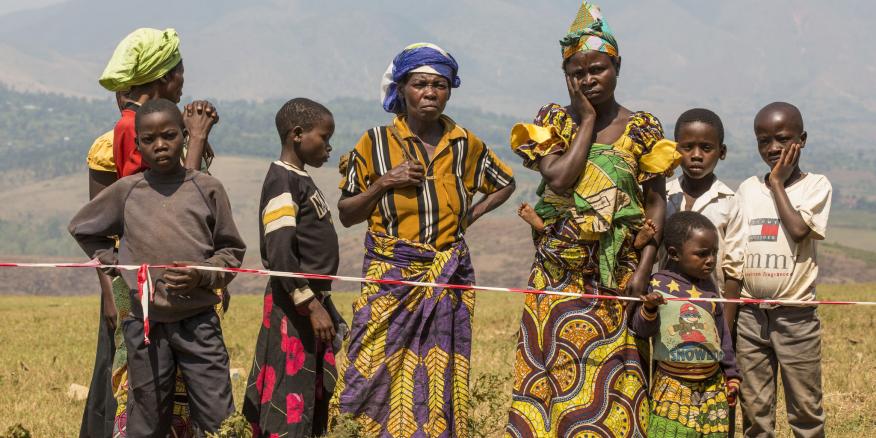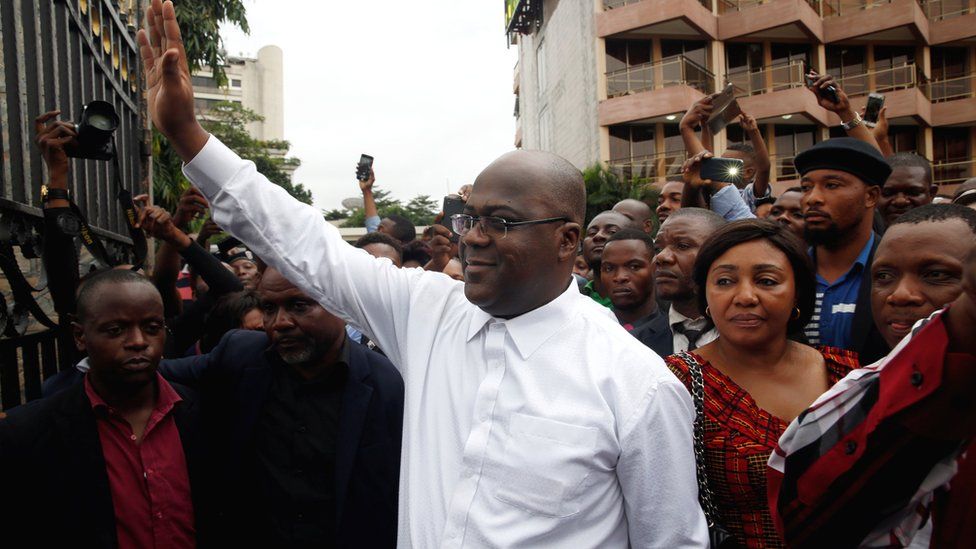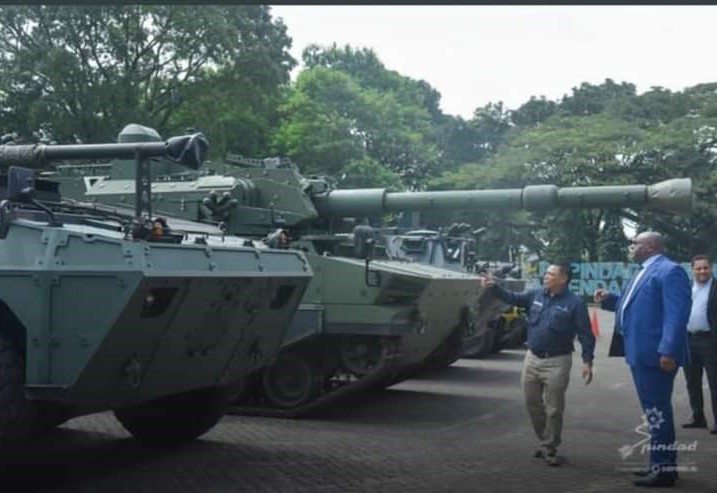Regional
DRC problem can only be solved by Congolese
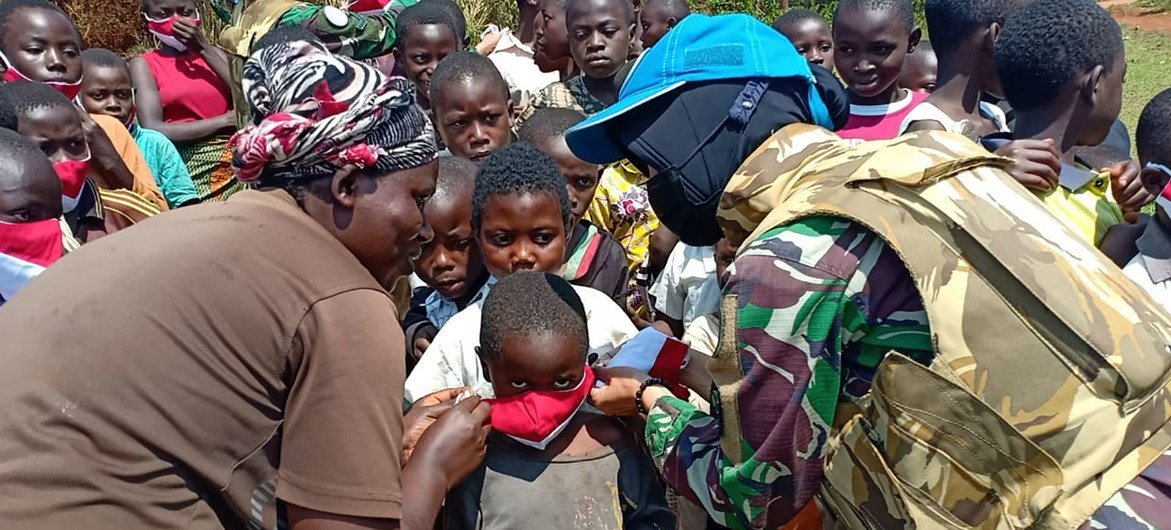
In an
interview with South African media, SABC News, ahead of the 13th
Thabo Mbeki Africa Annual Lecture in Guinea Conakry, on May 25, the South
African former President, Mbeki, said that the Congolese government must take
responsibility and solve its problems.
Asked
about the reason behind the never-ending violence and conflict in eastern DRC,
Mbeki said that Kinshasa considers its insecurity situation as an external
problem whereas it is an internal one.
He said: “The
origin of the problem itself in the eastern Democratic Republic of Congo of
this conflict comes from the Mobutu.”
When
the Mobutu regime refused to recognize the Rwandan-speaking population of the eastern
DRC as Congolese, he noted, that is when it started having a militia formed to
turn this Congolese Tutsi out of DRC into Rwanda.
The
South African ex-president warned that “so long as the central authority in
Kinshasa does not regard some of the people in the east as Congolese so long as
the conflict continues.”
The
local populations have been told that these people are foreigners, he said,
noting that locals form a militia to attack people.
“That
problem has to be solved by the government of the Congo. It is critical, the Congolese
government must take responsibility to say we are Congolese together. They are
no Banyamulenge in the Congo or foreigners. So anybody who tries to do anything
to threaten Banyamulenge, the government of the Congo, will act against that. The
problem would be solved.”
Other
than the minority Rwandophone community in DRC that experienced discrimination,
hatred and racism for almost three decades, tribal hatred in DRC is real and destroying
the state and ruining the life of Congolese.
However,
instead of looking at the problem through its real lens, Kinshasa continuously
points fingers at Kigali every time a problem crops up. This stance only
worsens the situation.
The Congolese constitution states
that no one may be discriminated against on the basis of his race, ethnicity,
tribe, or culture. But longstanding ethnic tensions continue to fuel community
violence as the Congolese government watches.
In April 2021, there were clashes
between the ethnic Nande and Kumu communities in Buhene district, North Kivu
Province. Kumu men along with local police and military police raided the
region, killing at least eight ethnic Nande, leaving scores more wounded, and
looting Nande-owned houses and businesses.
The violence were triggered by the deaths of two members of the Kumu community
during demonstrations against MONUSCO. However, Kinshasa did not react nor meaningfully
investigate the role of security forces in the killing of the citizens.
An investigation conducted by the
United Nations Joint Human Rights Office (UNJHRO) established that from
December 2017 to September 2019, at least 701 people were killed and 168
injured during inter-ethnic tensions between the Hema and Lendu communities, in
the territories of Djugu and Mahagi,. Among their objectives is to take control
of the land of the Hema communities and their associated resources.
From June 2022 to May 2023, more
than 300 people were killed in cycles of attacks and reprisals between the Teke
and Yaka communities in the Bandundu region. The conflict stemmed from
disagreements concerning land rights and tax collection. However, violence
never stopped despite the presence of FARDC reinforcements sent to reestablish
security in the region.
Surprisingly, President Felix Tshisekedi,
in May, blamed Rwanda for this inter-ethnic conflict. He said: “These
communities have always lived together since the world is the world, the Congo
is Congo. If there's anything today, it's that shady things are going on and
I'm not afraid to say that our horrible neighbor there [Rwanda] is no stranger
to what is happening in Kinshasa.”
Blaming Rwanda for every problem of
DRC shows that Kinshasa is not ready and committed to solving its own problems
as it always finds a scapegoat.
If the DRC government wants sustainable
peace and security, it is imperative that it stops the finger-pointing strategy,
fix its problems and seek support where it deems necessary.


